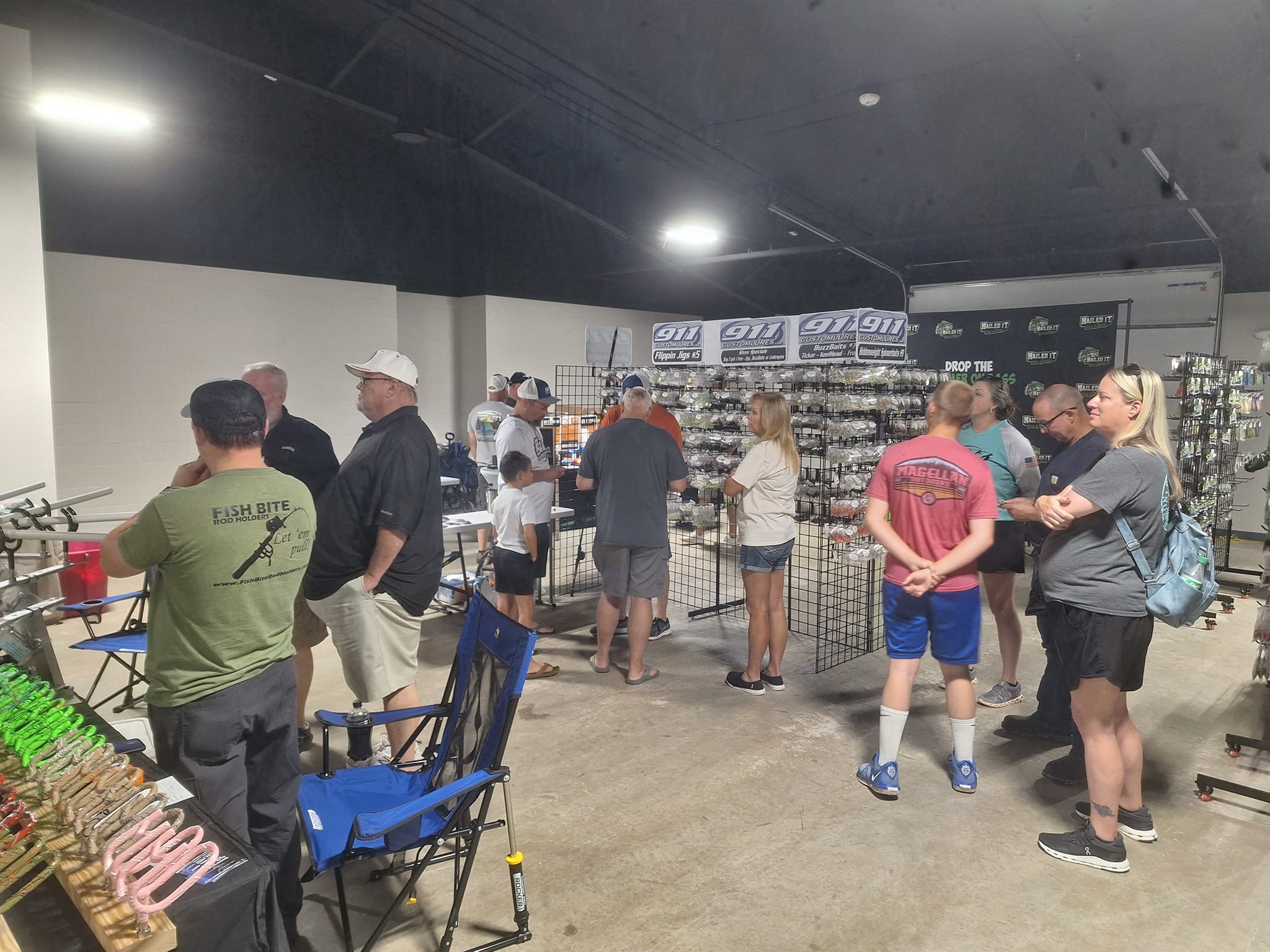DG MARTIN COLUMN: Memories from George Washington to the 22nd Century
Published 10:58 am Thursday, November 2, 2023
|
Getting your Trinity Audio player ready...
|
“No. I didn’t know George Washington. But I had a friend who knew him very well.”

D.G. Martin
I remembered these words last week when I was visiting a group of distinguished people in Salisbury. All of us remembered Julian Hart Robertson, who died in 1995, and the story he liked to tell about his conversation in the 1930s with Wofford College professor Joseph Augustus Gamewell about George Washington.
Robertson had been so impressed with the remarks of Gamewell about Washington that he said to Gamewell, “You know so much about Washington that it sounds as if you knew him yourself.”
Trending
That’s when Gamewell told Mr. Robertson, “No. I didn’t know George Washington. But I had a friend who knew him very well.”
Can this be true? Could Mr. Robertson really have had contact with a good friend of someone who knew George Washington very well?
“Not possible,” I keep thinking to myself. George Washington is ancient history — like Adam and Eve. He is too far back for there to be anything like a personal connection.
But it is possible.
Chart it out. Mr. Robertson had his conversation with Professor Gamewell back in the early 1930s. Gamewell was then in his 90s and could have been born as early as the 1840s. Thus, he could have known someone who was born in the 1770s or even a little earlier. And a person born in the 1770s would have had plenty of time to grow up and get to know Washington, who lived until 1799. So, yes, it’s possible — easily.
Are you bored with all this? Are you asking what difference does it make that only three people (Robertson, Gamewell, and his friend) separate me from the father of the country? If you are asking those questions, read no further. Read something else. You won’t understand what is going on in my head.
Trending
I keep asking myself, “What things can I tell my young friends, things that they would remember until they are 90 years old — and then tell their own young friends some time perhaps in the 22nd Century?”
And what is worth remembering that long? Could I, for instance, send to the 22nd Century my close, but indirect, connection with George Washington? Probably not. Adding another person or two to the link might make it just a gimmick.
Maybe I can pass on the stories my grandmother heard from her mother.
Civil War soldiers broke everything in her house — except for one cup.
It survived several tosses against the wall with only a broken handle.
We still have the cup to “prove” the story. With the cup’s help, could I get stories of the 1860s all the way to the year 2100 and beyond?
Would anyone ever care?
Would my stories of living in the time of segregation be so incredible that they would hold on to them?
Would they care to know where I was when President Kennedy was killed — and how my friends reacted?
Rightly told, those stories might be remembered through the years.
But why do I care if my stories get passed on? And why do I rejoice in personal links to the past? Why do we sometimes battle hard just to lift ourselves somehow up, above, and out of the present?
Without a past to look back at and without some future hope to hold on to, we are unconnected. We are adrift on an ocean out of sight from shore. We are lost on a desert wasteland without the stars or a compass to guide us.
History — not just book history, but our own extended personal experience — can lift us above our everyday boundaries. It can give us the context and the comfort to live in what could, but for these personal connections out of our own times, be irrelevant and painful lives.
D.G. Martin, a retired lawyer, served as UNC-System’s vice president for public affairs and hosted PBS-NC’s “North Carolina Bookwatch.”






